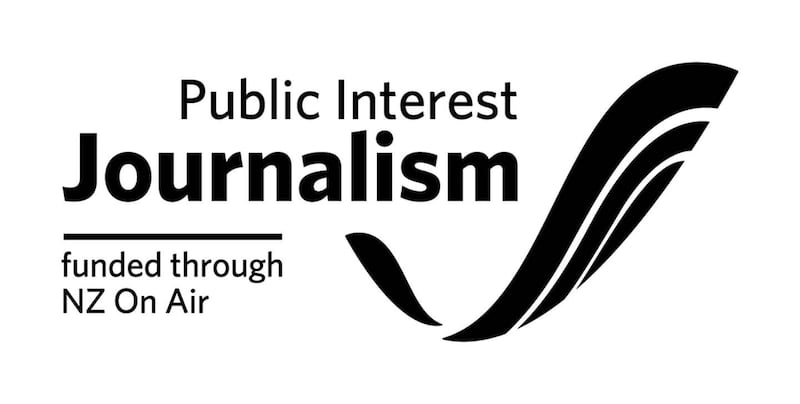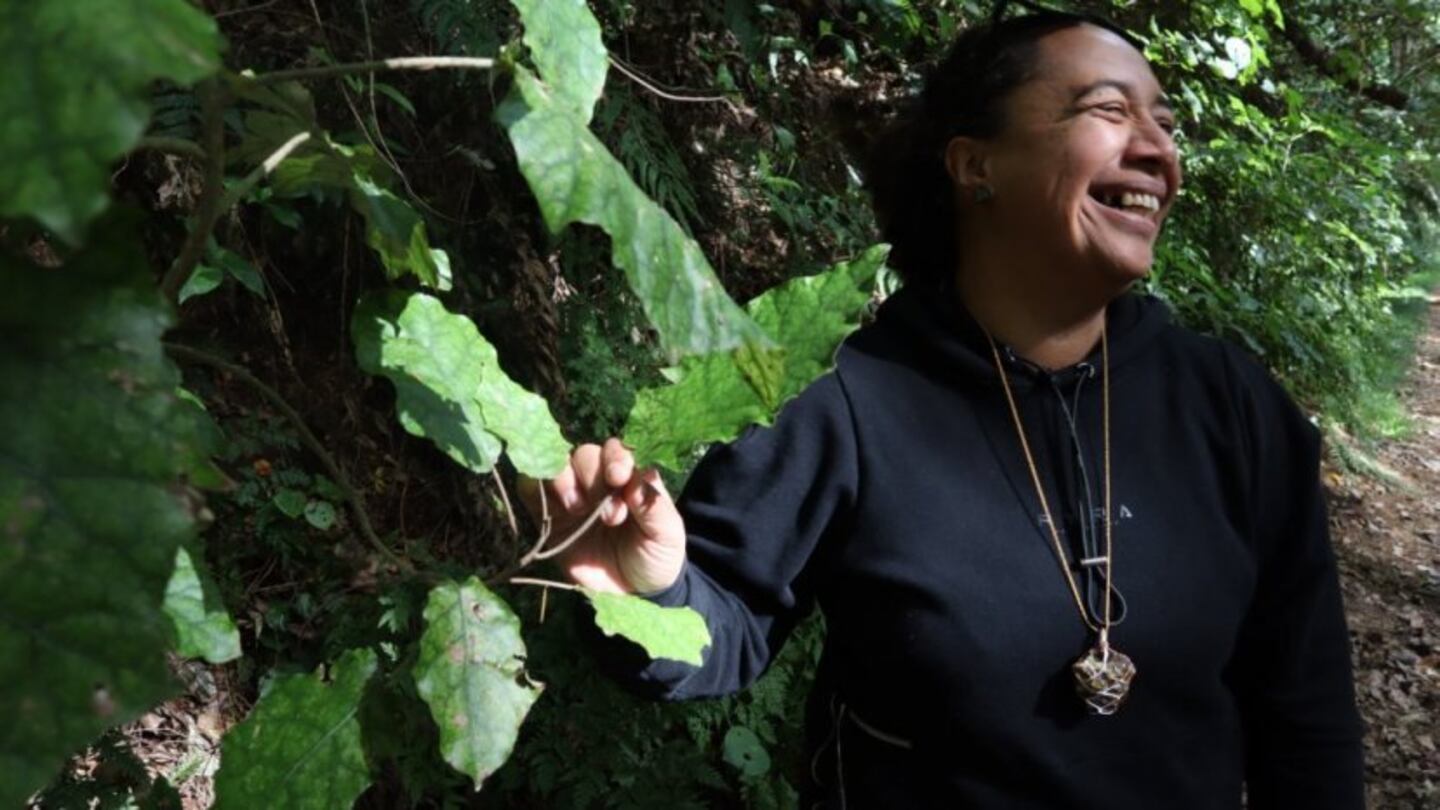Rotorua hapū are hosting rongoā wānanga in hopes of better mental health outcomes for Māori.
The four-hour wānanga happens fortnightly and focuses on teaching basic tikanga, preparation, and application of rongoā māori as well as teaching plant identification.
Te Pae Akurangi-Fitzell, Kia Piki Te Ora (Māori suicide prevention) project lead for Te Rūnanga o Ngāti Pikiao says, “Suicide prevention has always been based on a westernised medical approach to mental health but we are supporting our whānau to look at their well-being from a Te Ao Māori approach.”
These interactive workshops are being hosted in Rotorua by Te Rūnanga o Ngāti Pikiao in collaboration with local rongoā practitioners and the Te Ariki foundation.
Mamaeroa Merito (Te Arawa), the Māori suicide prevention coordinator for Te Rūnanga o Ngāti Pikiao, says, “We are building on our community and whānau knowledge and understanding of rongoā māori as a pathway to Māori well-being.”
Rongoā or traditional māori medicinal practices can include holistic healing in the form of creams and balms made from native plants, mirimiri (massage), and other holistic practices that have been passed on for generations.
“It’s been a really uplifting, transformational space,” Te Pae says.
“So many people see the need for it,” with an average of more than 20 attendees at each wānanga ranging from late teens to those in their early 60s, Merito says.
“In a lot of mental health spaces people are connected to things like medication and therapy… we haven’t had a lot of success in terms of Maōri in the mental health space, so we are hoping by connecting our whānau to our environment, building their understanding and knowledge of rongoā that it will improve their well-being.”



